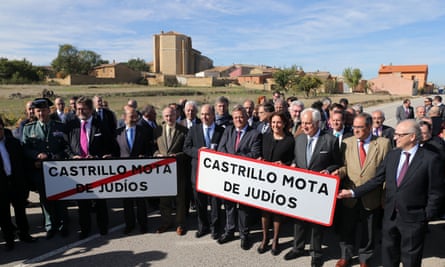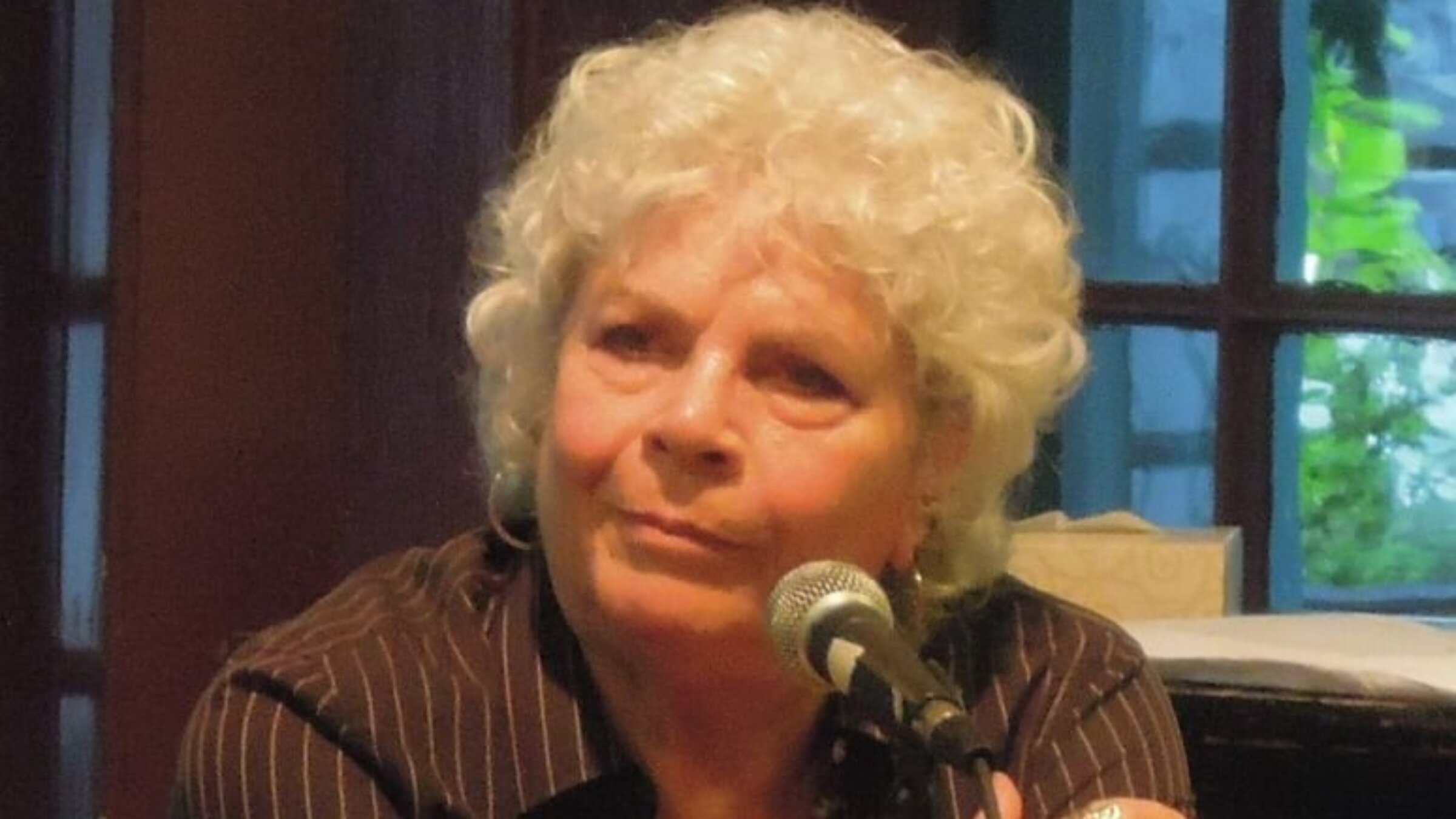People unfamiliar with Philadelphia slang can finally look up jawn in the dictionary. The all-purpose noun, meaning “something or someone for which the speaker does not know or does not need a specific name,” is one of 566 new entries on Dictionary.com.
Jawn isn’t the only slang term to earn a spot on the site. Nepo baby, a celebrity whose famous parent (or parents) may have given them a leg up in their career, also made the cut. According to Dictionary.com, the first recorded instance of nepo baby was just last year; the fact that it already has its own dictionary entry is a testament to how quickly and widely social media can spread language.
We also have social media to thank for popularizing shower orange, which is exactly what it sounds like: You peel and eat an orange in the shower, where the steam supposedly “enhances the orange’s citrusy fragrance and creates a soothing experience” for you.
Certain terms are more likely to pop up in books than on TikTok—like agelast, which describes someone who never laughs or lacks a sense of humor. And some are loanwords from other languages—like kakeibo, a Japanese budgeting method “based on a simple financial philosophy of spending and saving that is both mindful and purposeful.”
Another intriguing entry is mountweazel, “a decoy entry in a reference work … secretly planted among the genuine entries to catch other publishers in the act of copying content.” Dictionary.com copped to having some, but wouldn’t reveal them for obvious reasons.
The site also added nearly 350 new definitions and revised another 2250 or so. Those changes included swapping out binary-gendered wording like he or she in favor of the more inclusive they and its iterations. In some cases, the lexicographers just edited the definition so no pronouns were needed at all.
Take a look at 30 newly added terms below, and learn more about the update here.
“A person who never laughs; a humorless person.”
“Noting or relating to a person whose gender identity is linked to or impacted by the fact that they are intersex.”
“Strategic biological experimentation, especially upon oneself, using technology, drugs, hormones, diet, etc., with the goal of enhancing or augmenting performance, health, mood, or the like.”
“Unwanted software that is preinstalled on a newly bought device, especially when it negatively impacts the device’s performance.”
“A day not easily distinguished from other days, or the phenomenon of days running together.”
“A hairstyle originating among Black people, in which the hair is parted into small squares or other shapes over the scalp and the hair from each section is woven into a braid.”
“A person who has had to flee their home due to the negative effects of climate change.”
“Child of deaf adult/adults: a hearing person with a deaf parent or parents.”
“A short nap, usually 15-30 minutes, taken immediately after drinking a cup of coffee, the claimed benefit being that the energizing effect of caffeine may be bolstered by a sleeping body’s drop in adenosine levels.”
“(Of a business) owned by someone who is part of a group historically underrepresented in entrepreneurship, such as women, ethnic or racial minorities, LGBTQ+ people, etc.”
“Generative pre-trained transformer: a type of machine learning algorithm that uses deep learning and a large database of training text in order to generate new text in response to a user’s prompt.”
“The strategic promotion of a nation’s cuisine to build diplomatic connections and favorable public relations for that nation, such as by funding grants to open restaurants, create food-oriented workshops, publish cookbooks, etc.”
“An instance or practice of promoting or affiliating a brand, campaign, mission, etc., with environmentalism as a ploy to divert attention from policies and activities that are in fact anti-environmentalist.”
“Korean traditional dress, usually consisting of loose, tied garments such as wrapped shirts and robes, long full skirts, and trousers gathered at the ankles.”
“Design elements of public buildings and spaces that are intended to stop unwanted behavior such as loitering or sleeping in public by making such behavior difficult and uncomfortable.”
“Something or someone for which the speaker does not know or does not need a specific name.”
“An Icelandic tradition in which books are given as Christmas presents and opened on December 24, after which the evening is spent reading the books: from a practice begun in 1944, when paper goods were among the most available items in postwar Iceland.”
A Japanese loanword meaning “a system of maintaining one’s household budget based on a simple financial philosophy of spending and saving that is both mindful and purposeful.”
“The labor involved in maintaining and enhancing family ties, including organizing social occasions, remembering birthdays, sending gifts, etc.”
“A decoy entry in a reference work, such as a dictionary or encyclopedia, secretly planted among the genuine entries to catch other publishers in the act of copying content.”
“A celebrity with a parent who is also famous, especially one whose industry connections are perceived as essential to their success.”
“Name, image, likeness: aspects of a collegiate athlete’s identity for which they may earn money from a third party … although they are prohibited from being paid directly by colleges or universities for their participation in intercollegiate sports.”
“To make less good, efficient, fast, functional, etc., especially in the context of computers or information technology.”
“An adage of internet culture stating that unless some tone indicator is used, it is impossible to tell the difference between an extreme view being sincerely espoused and an extreme view being satirized.”
“Noting or relating to a person who is sexually attracted to people of various genders, but not necessarily to people of all genders.”
“The centering of present-day attitudes, values, and concepts in the interpretation of historical events.”
“The network of government agencies and private industry that foster, benefit from, and contribute to mass incarceration, the imprisonment of large numbers of people.”
“An orange that is peeled and eaten under a steamy shower, the purported benefit being that the steam enhances the orange’s citrusy fragrance and creates a soothing experience for the person who is showering.”
A British term meaning “to wipe mucus from (the nose), especially with the finger or thumb.”
“The feeling one has on realizing that every other individual one sees has a life as full and real as one’s own, in which they are the central character and others, including oneself, have secondary or insignificant roles.”
Are you a logophile? Do you want to learn unusual words and old-timey slang to make conversation more interesting, or discover fascinating tidbits about the origins of everyday phrases? Then get our new book, The Curious Compendium of Wonderful Words: A Miscellany of Obscure Terms, Bizarre Phrases, & Surprising Etymologies, out now! You can pick up your copy on Amazon, Barnes & Noble, Books-A-Million, or Bookshop.org.










